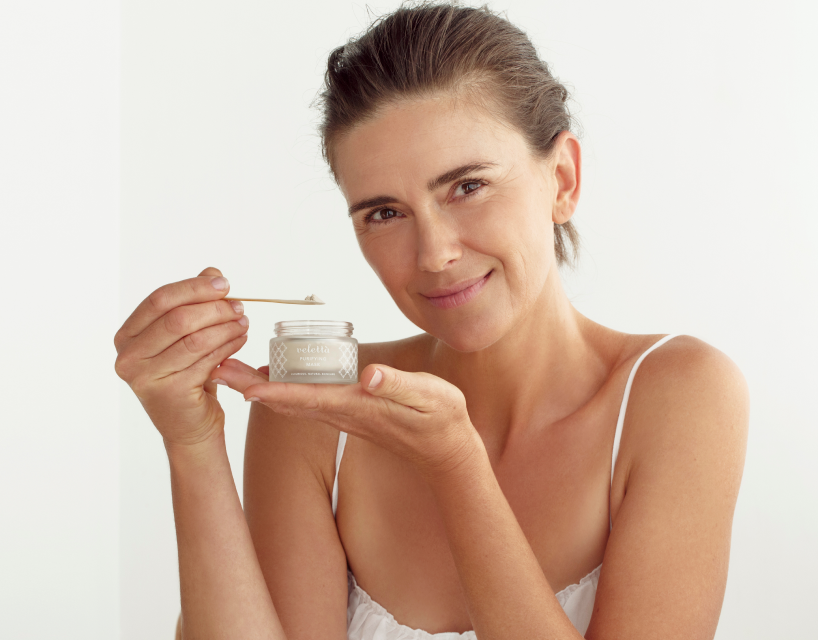Introduction
Rosacea is a chronic, inflammatory skin condition that most often affects the skin on the face. It usually becomes noticeable between the age of 30 and 60 years and is more prevalent in those with fair skin, blue eyes and Celtic origins. There is no cure for rosacea but there are steps you can take to manage it and reduce flare-ups.
How do I know I have it.
Facial flushing, coupled with burning or stinging, is a classic symptom of erythematotelangiectatic rosacea (ETR), the most common form of rosacea. Another common type of rosacea is papulopustular (or acne) rosacea which is characterised by acne-like breakouts and often affects middle-aged women.
It may sound innocuous, but rosacea can be severe and in any of its forms can affect the sufferers quality of life and self-esteem. According to Everyday Health
“A survey by the National Rosacea Society found that more than 76 percent of people with the condition, which causes redness and flushing of the face, reported having lower self-esteem and self-confidence. As many as 41 percent of those responding said that they have avoided going out in public or to social events because of rosacea. And when rosacea is particularly severe, it can even interfere with professional relationships and career advancement.”
What can I do?
First, visit your doctor or dermatologist.
There are some general measures which you can take including using gentle skin care, staying out of the sun and using sunscreen while avoiding exacerbating factors such as changes in temperature, ultraviolet light, stress, alcohol and some foods. After a while, you may be able to work out what it is that triggers flare-ups. Maybe its spicy food, white wine, air conditioning or even the sun. The first step in managing rosacea is avoiding these triggers as much as possible
Further, a wholesome, generally plant-based diet with lots of anti-inflammatory foods including lots of greens can be helpful. Research indicates the possible role of a gut-skin connection in rosacea.
There are also some over the counter preparations which may help with ETR and people have noted some success with laser treatments, antibiotics and light therapies. Others have found relief with low doses of isotretinoin.
What about skincare?
There is no ‘one size fits all’ when it comes to skin care for sensitive skin. Some of Velettà’s clients have found both our Cleansing facial Oil and Rejuvenating facial oil to be hugely helpful in calming their rosacea flare-ups. One client tells us that she uses Velettà’s Nourishing Moisturiser after it has been in the fridge for a short while to cool her skin and reduced its colour.
It is important for rosacea suffers to be kind to their skin and to avoid aggravating with skin with harsh chemicals and exfoliants.




